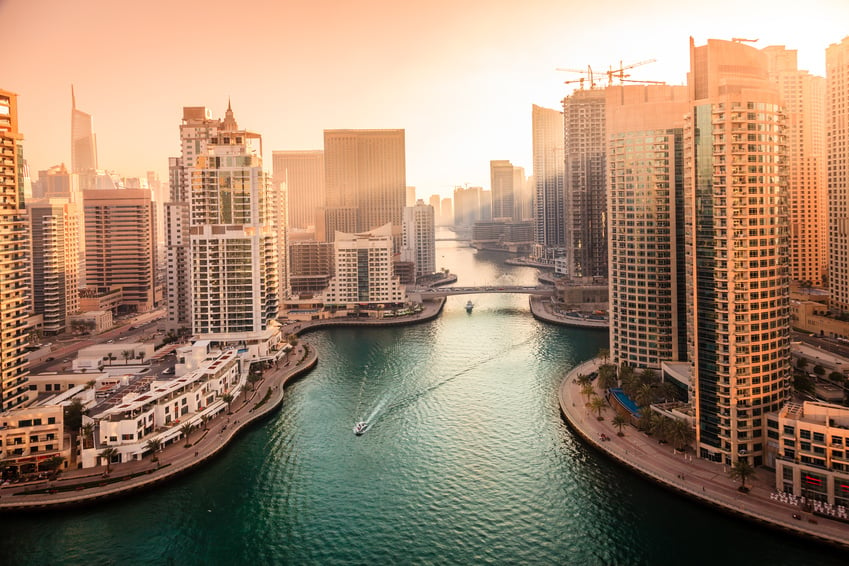In this vlog series, our MENA team of cross-practice specialists provide a quick roundup of the latest legal and commercial developments in the region as well as insights to emerging challenges and opportunities, to guide you as you shape your organization’s business resilience and strategy in the medium and long term. In addition, our senior female lawyers from our BakerWomen Middle East team join the conversations and share their insights on business and inclusion issues and trends in the region, as together we look to build trust and well-being in a post-pandemic world.
As some countries open up and economies gradually rebound, there are still prolonged business issues and market trends accelerated by the pandemic that will continue to affect companies across all industries in the Middle East and North Africa (MENA) region.
In this vlog series, our MENA team of cross-practice specialists provide a quick roundup of the latest legal and commercial developments in the region as well as insights to emerging challenges and opportunities, to guide you as you shape your organization’s business resilience and strategy in the medium and long term.
On 5 January 2021, the Kingdom of Saudi Arabia, the United Arab Emirates, Bahrain and the rest of the Gulf Cooperation Council (GCC) member states, along with Egypt, signed the “Al-Ula Declaration” at the 41st GCC Summit held in the city of Al-Ula. This marks the end of a three and a half year boycott against the State of Qatar, which was put in place in June 2017, paving the way for the re-establishment of political and economic ties with Qatar.
Signing of the “Al-Ula Declaration” ending trade and other restrictions against Qatar
As reported in our previous client update, on 5 January 2021, the Kingdom of Saudi Arabia, the United Arab Emirates (UAE), Bahrain and the rest of the Gulf Cooperation Council (GCC) member states, along with Egypt, signed the “Al-Ula Declaration” at the 41st GCC Summit held in the city of Al-Ula. This marks the end of a three-and-a-half-year boycott against the State of Qatar, which was put in place in June 2017. Although the formal text of the “Al-Ula Declaration” has not been made public, it is clear from public statements made by senior Saudi, UAE, Egyptian, Bahraini and Kuwaiti officials that the instrument paves the way for the reestablishment of political and economic ties between Qatar and the UAE, Saudi Arabia, Bahrain and Egypt (the Quartet).
On 5 January 2021, the Kingdom of Saudi Arabia, the United Arab Emirates (UAE), Bahrain and the rest of the Gulf Cooperation Council (GCC) member states, along with Egypt, signed the “Al-Ula Declaration” at the 41st GCC Summit held in the city of Al-Ula, paving the way for the re-establishment of political and economic ties with the State of Qatar. This marks the end of a three-year dispute which began on 5 June 2017, and reinforces the commitment of the GCC member states to the political and economic stability of the region.




